
Here’s Why We Should Never Connect To Public Wi-Fi
1. Man in the middle attacks
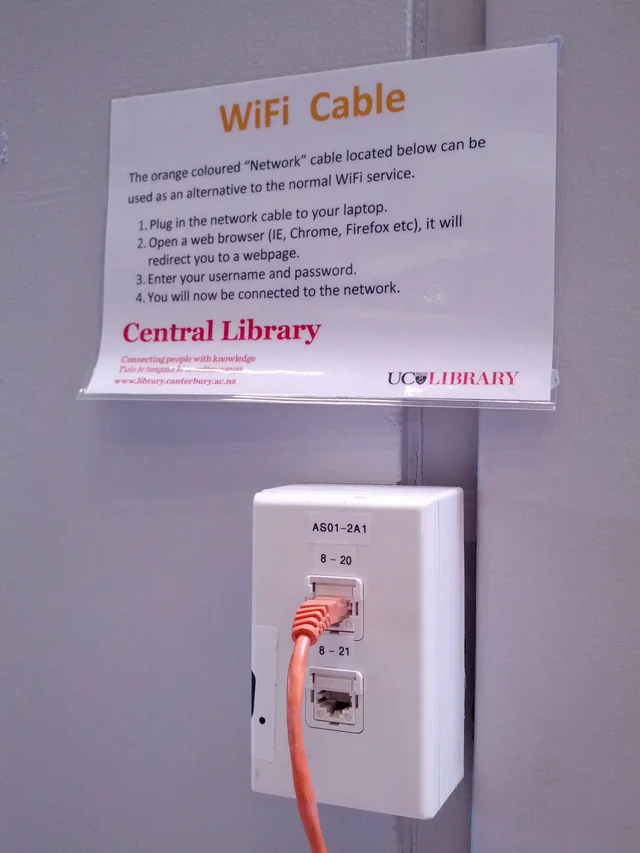
Image Source: Reddit
Public wifi is often a lifesaver when you're low on mobile data, and you need some form of internet connection. Despite its availability, and ease of connection, there are a range of reasons why you should not connect to public wifi! Man-in-the-middle attacks, is one of the main reasons why you shouldn't be using public wifi. These attacks refer to your personal data being intercepted by hackers, whilst its being transferred from one location to another.Advertisement
2. Cloning
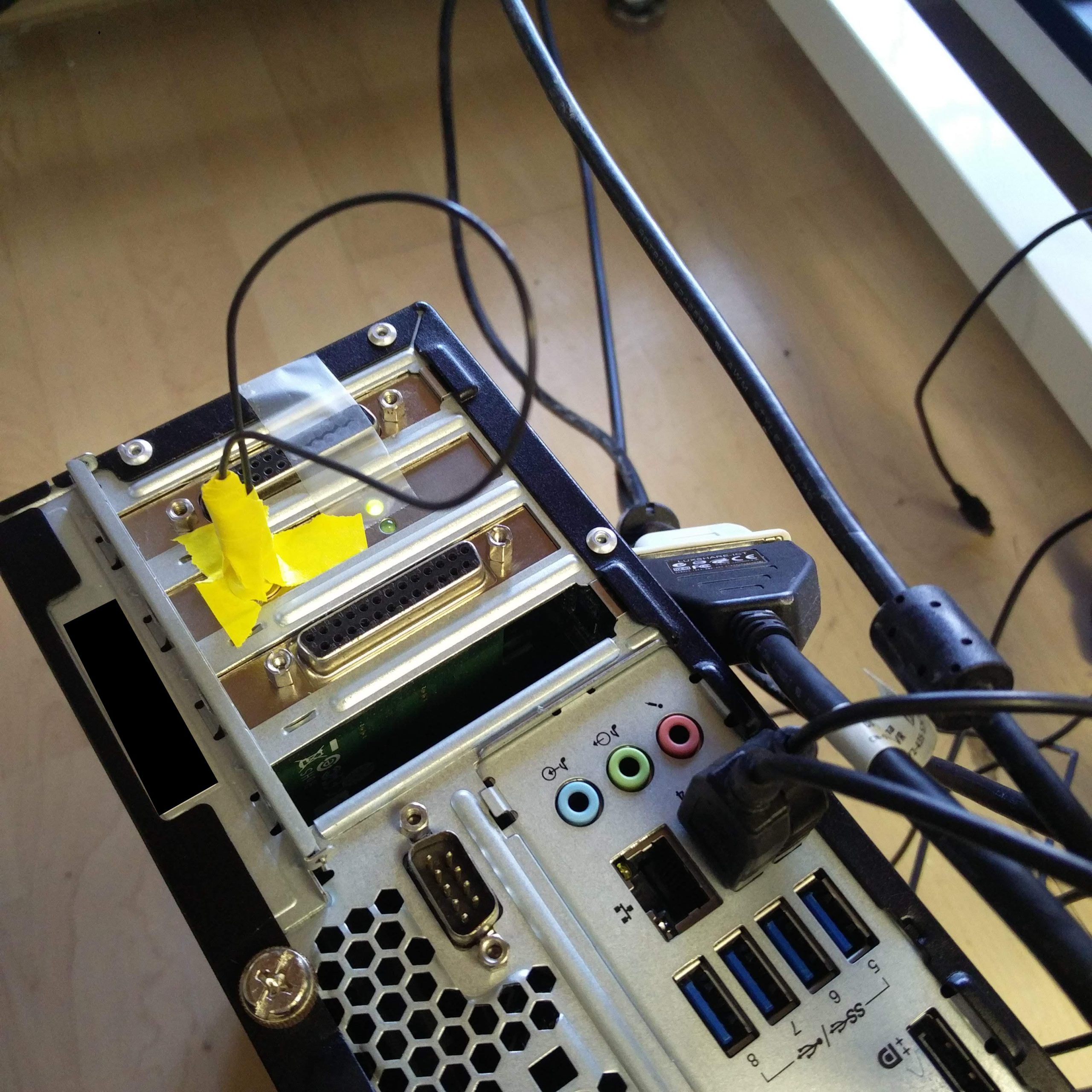
Image Source: Reddit
Another reason not to use public wifi, is the possibility of 'cloning'. Cloning refers to your personal and high-security data being cloned by a hacker, whilst you're accessing public wifi. This information can include your bank details, email details and any sensitive login credentials. This cloning occurs, so hackers and cyber-criminals can access your information and pose as you online!Advertisement
3. Passwords

Image Source: Reddit
Your passwords are under threat if you're using public wifi, as hackers are able to use programs that break down your login credentials, and access a range of your personal information. This is why it is important to create unique, strong passwords for all of your accounts e.g. email, online banking, work email etc. You should also make a note of your passwords, so you can easily access your accounts, and increase your overall security.Advertisement
4. Other users may be infected
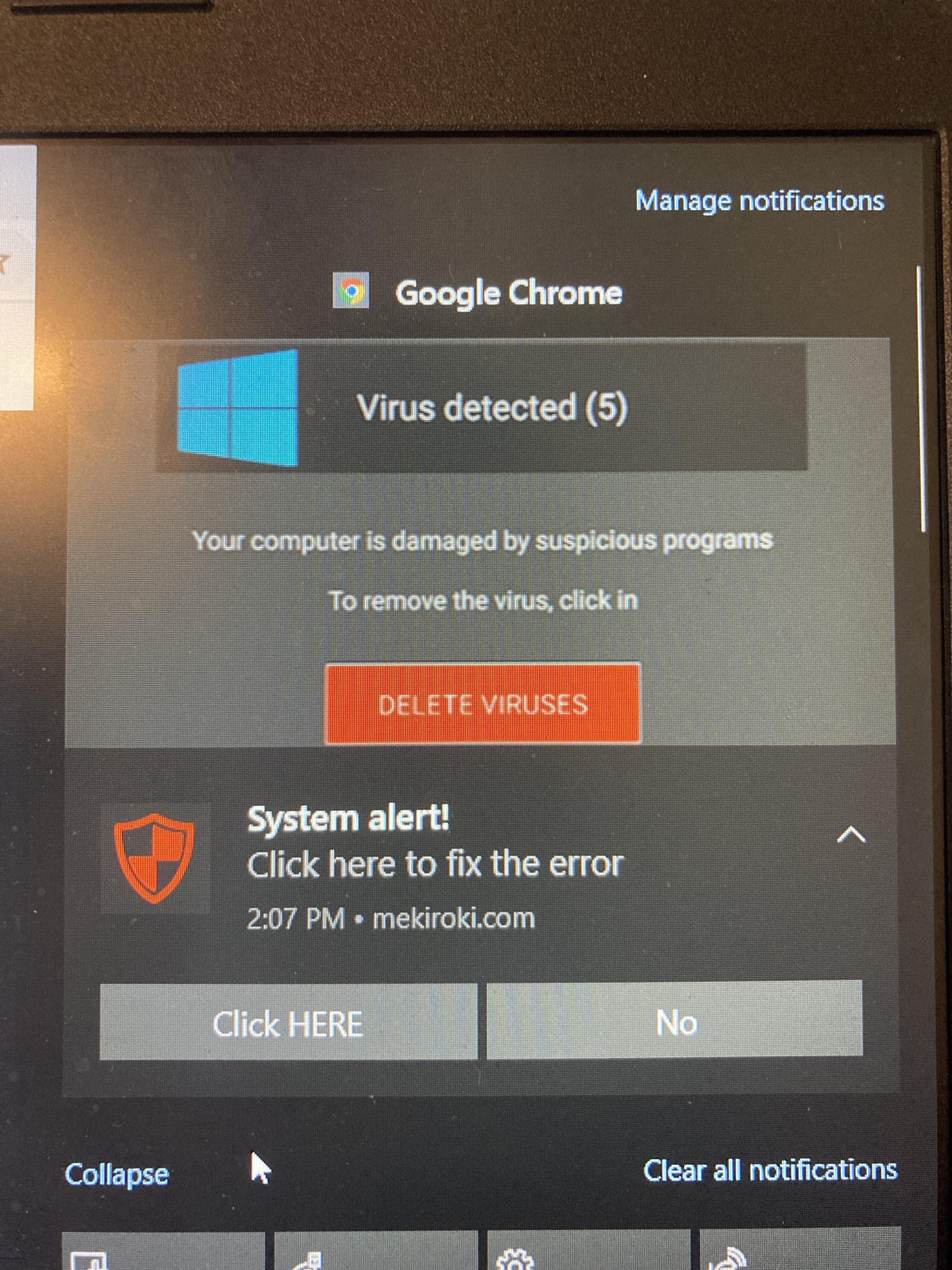
Image Source: Reddit
Public wifi networks are a literal breeding ground for online viruses, and they are easily spread amongst users on the same network. All it takes, is for one user to be infected and on the same public network as you, for your technology to be under threat. As public networks are less secure, this is one of the contributing factors to online viruses spreading.Advertisement
5. Criminal activity
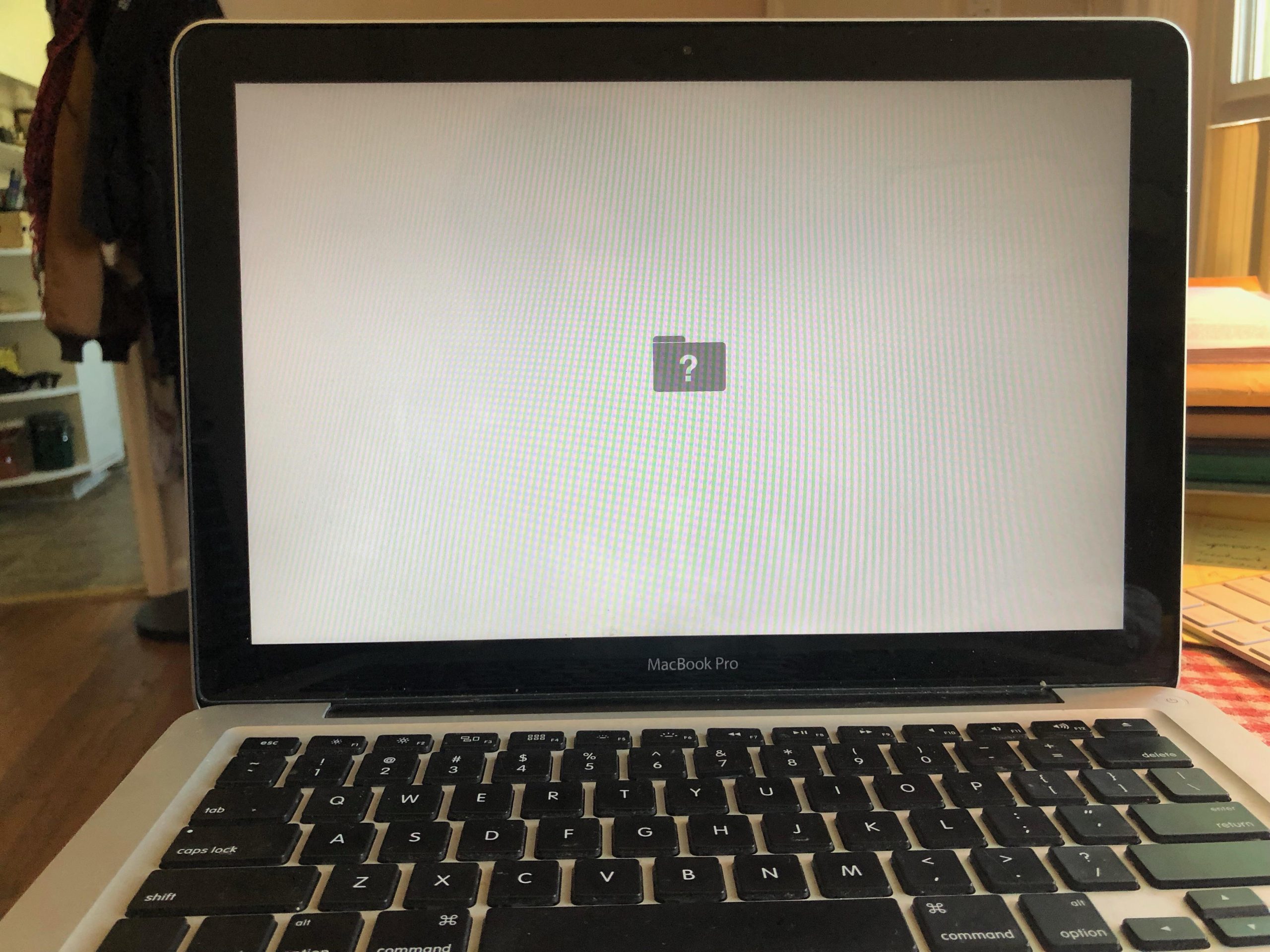
Image Source: The Economic Times
The majority of hackers, and other cyber-criminals, will inhabit public networks to target vulnerable people and technology. These criminals are often anonymous, and make it difficult to track their location and activity. These factor are what make it one of the most devastating modern-day crimes, and leaves millions affected each year. These crimes are never victimless!Advertisement
6. Rogue WiFi networks

Image Source: ABC13
Another reason to not connect to public wifi, is the growing presence of rogue wifi networks. Rogue networks are certain networks that appear in random areas e.g. in less populated areas and/or 'grey' areas of service and connection. They will often have standard names (relating to local businesses) e.g. 'The Coffee Shop', but they are filled with cyber-criminals waiting to steal your personal information.Advertisement
7. Rogue access points
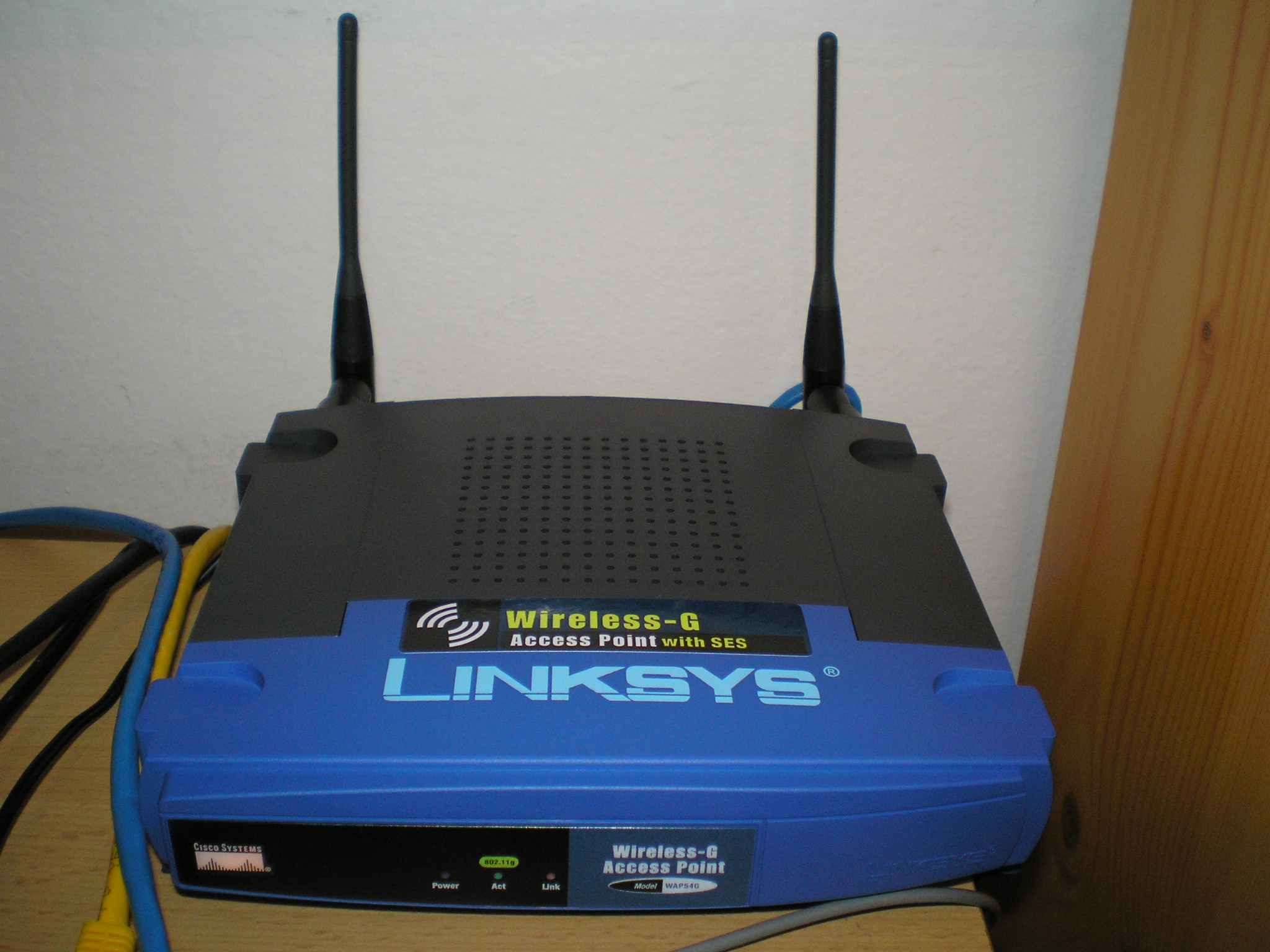
Image Source: Khan Academy
Relating to the last point, is the presence of rogue access points. Rogue access points, refer to areas within a rogue network, that are densely populated with cyber-criminals/hackers and general fraudsters. This is another reason to not connect to overly generic networks, and always be aware of networks that don't seem as secure as they should be.Advertisement
8. Endpoint attacks

Image Source: LinkedIn
Endpoint attacks are common when people are connected to public wifi, and are one of the most devastating online crimes. These attacks happen due to internal and external weaknesses connected to your devices e.g. cellphone, laptop, tablet etc. These weaknesses can become threats, as they provide cyber-criminals a strong foothold, onto accessing your personal and private information.Advertisement
9. Shoulder surfing

Image Source: Reddit
Shoulder-surfing is another negative side-effect of connecting to public wifi. This refers to the literal, and cyber, act of accessing information 'over' an individual's shoulder. In the literal sense, this refers to someone looking over your shoulder to access certain information e.g. private messages, login credentials and bank details. In a cyber sense, this refers to weak points within a connection, that allows other people on the network to access personal information.Advertisement
10. Free WiFi isn't secure
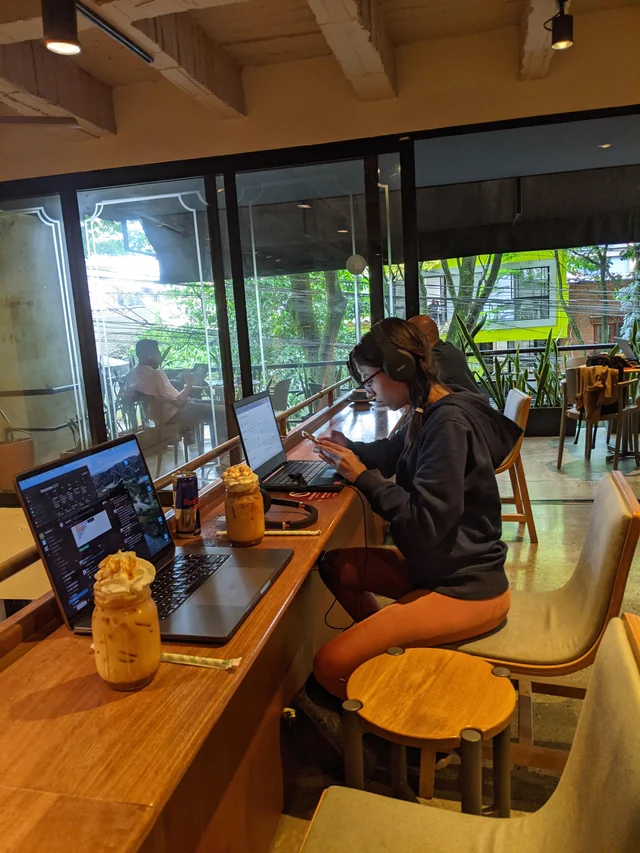
Image Source: Reddit
One of the biggest reasons to never connect to public wifi, is the fact that it is not secure! Whenever you decide and/or need to connect to free wifi, you should keep in mind that it is not secure, and be aware of your activity whilst accessing the network. Free networks can range from local businesses, to large chain businesses e.g. McDonalds, Walmart, Target, Burger King, Wendy's etc.Advertisement
11. Mobile apps aren't that secure
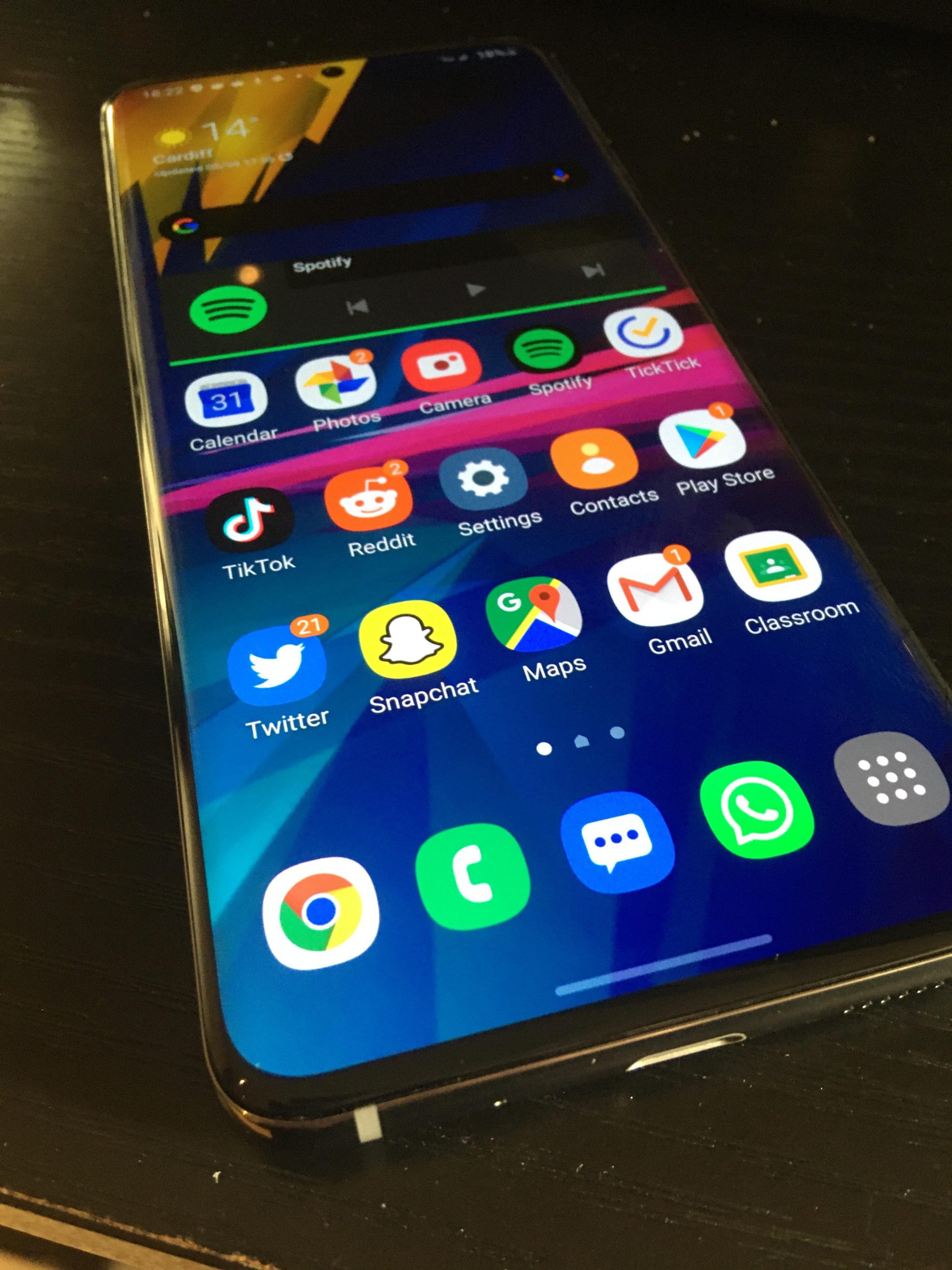
Image Source: Reddit
A surprising thing about connecting to public wifi, is the huge decrease in your mobile apps' security. When you're connected to a public network, whilst accessing your mobile apps, you're more likely to experience some form of account hacking (especially if your accounts are connected) e.g. Facebook, Instagram, Twitter, WhatsApp etc. This is due to the lack of a secure connection, and a decrease in firewall presence.Advertisement
12. Human error
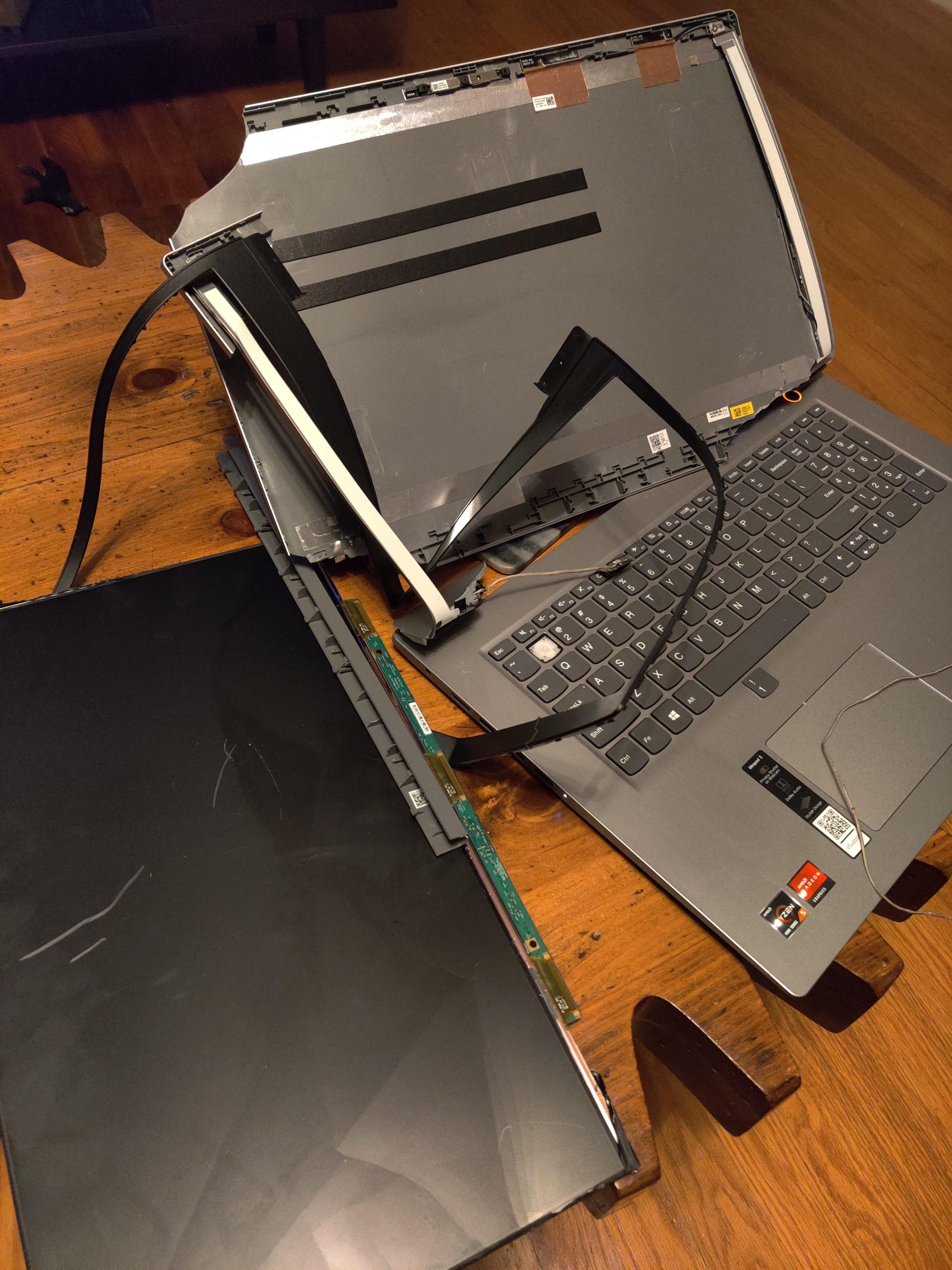
Image Source: Reddit
Another key reason to not connect to public wifi, is the presence and occurrence of human error. Human error, refers to any flaws within online security, that are a result of human activity/interference. This can range from the presence of weak password/login credentials, to poor practice of cyber-security e.g. no VPN or anti-virus installed on your technology.Advertisement
13. Use a VPN
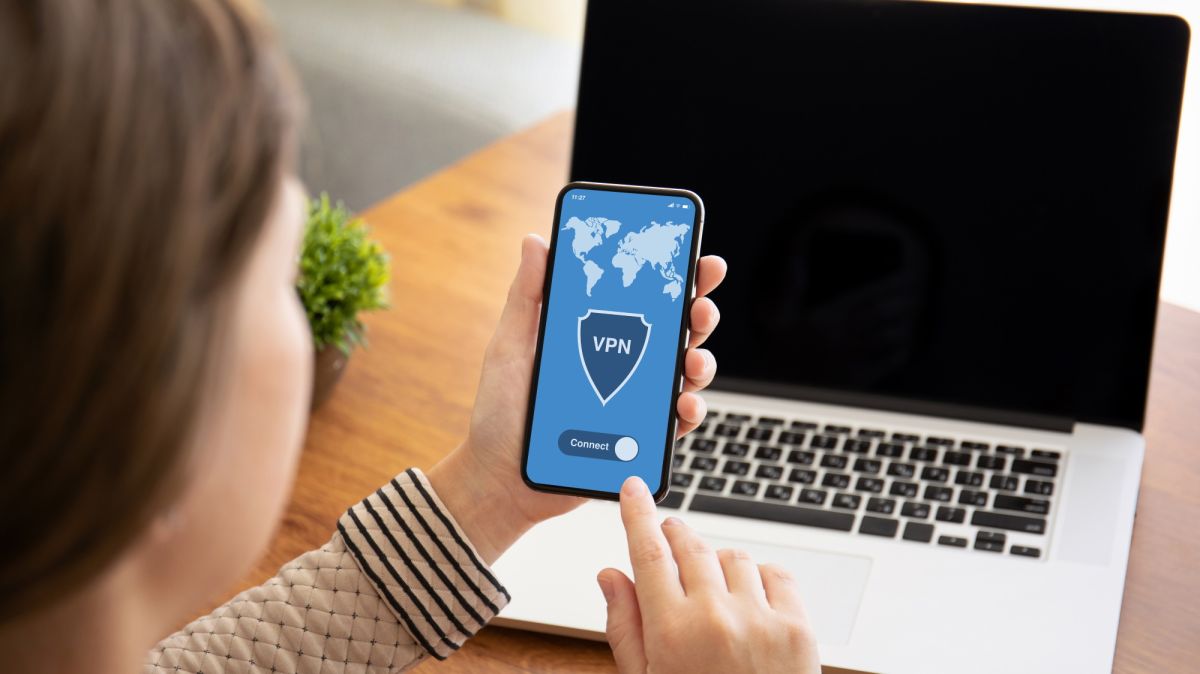
Image Source: Tom's Guide
Now we've looked into the reasons why you shouldn't connect to public wifi, we're going to look into ways you can stay safe, if you find yourself having to connect to a public network. One of the best ways to stay safe, is by using a virtual private network (commonly referred to as a VPN). A VPN allows you to mask and change your technology's IP address, connection and location, which makes it difficult for cyber-criminals to access your sensitive information.Advertisement
14. Keep your anti-virus up-to-date
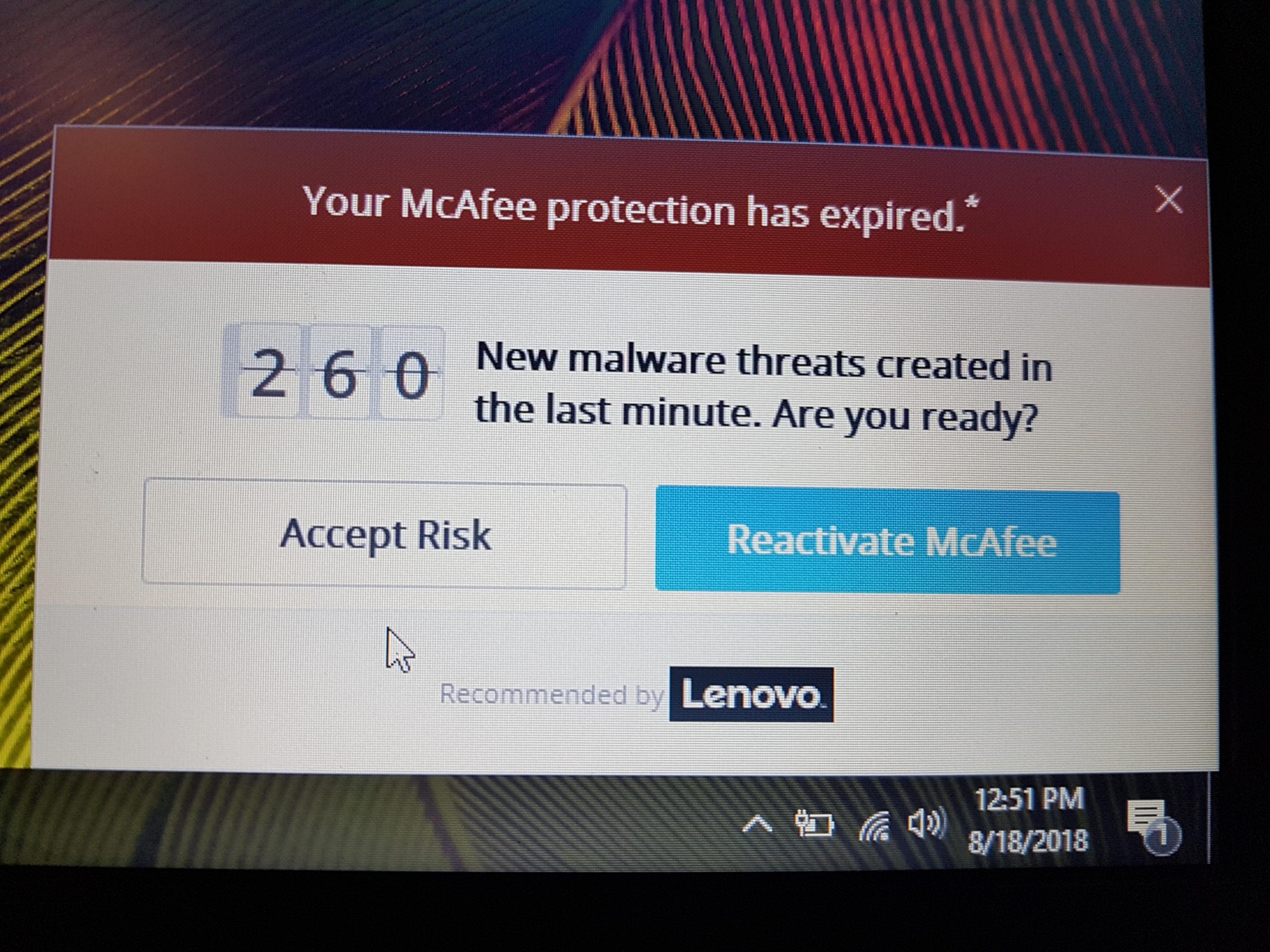
Image Source: Reddit
Another great way to stay safe whilst browsing the web, is by installing an antivirus program onto your technology, and keeping it up-to-date. Anti-virus programs are a great way to protect your technology from potential online viruses and malware, which can be extremely damaging to your technology. The majority of anti-virus programs, allow you to install them across a range of devices for one, set price!Advertisement
15. Keep your WiFi off when it's not in use
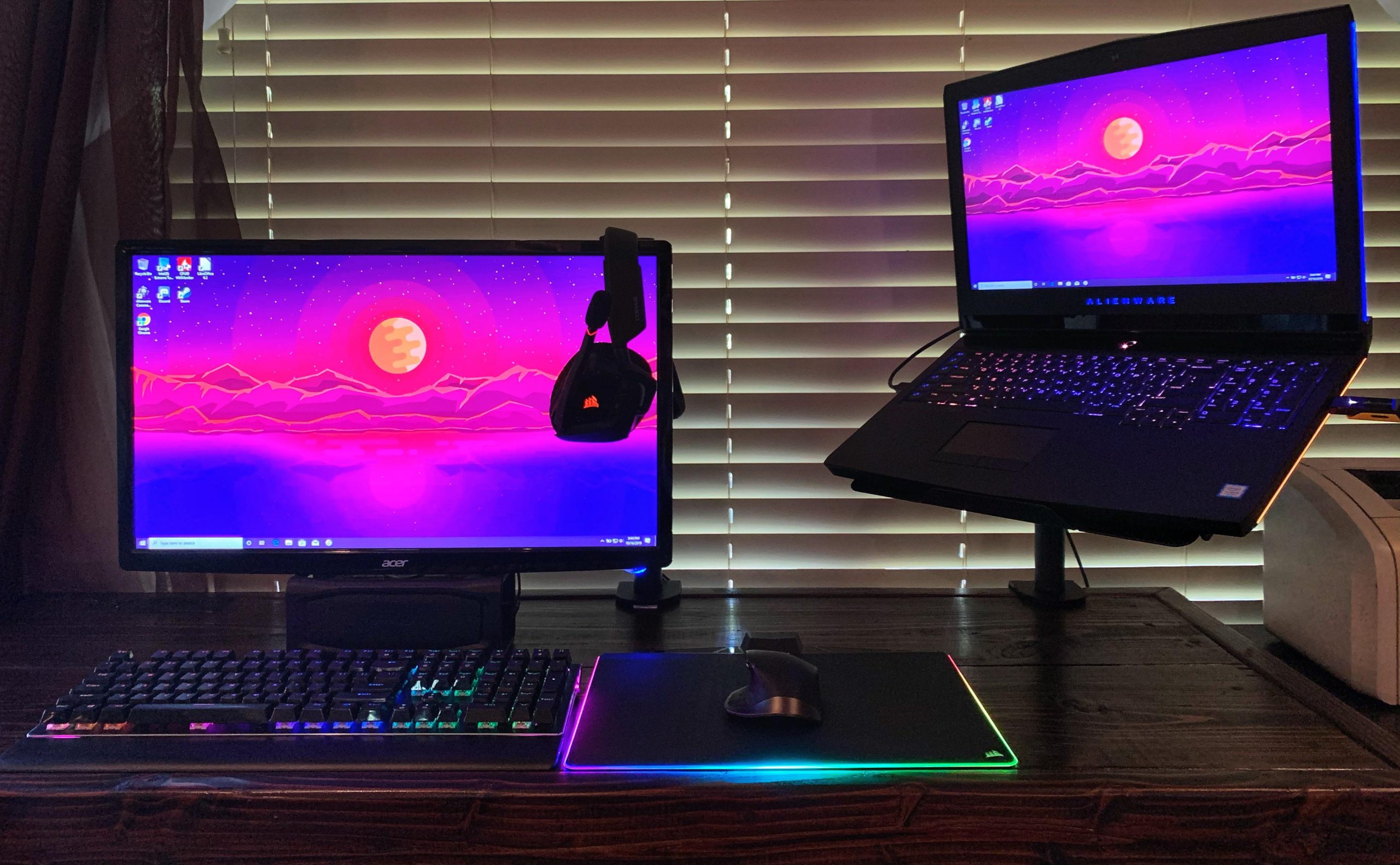
Image Source: Reddit
If you're out in public, and aren't trying to use wifi, it is important to turn off your wifi when it's not in use (especially on your cell phone). By turning off your wifi setting, it prevents you from being at risk of a cyber-attack, as you're not actively accessing anything web-based and putting your sensitive information/details at risk of being accessed by hackers.Advertisement
16. Ask for network names from businesses
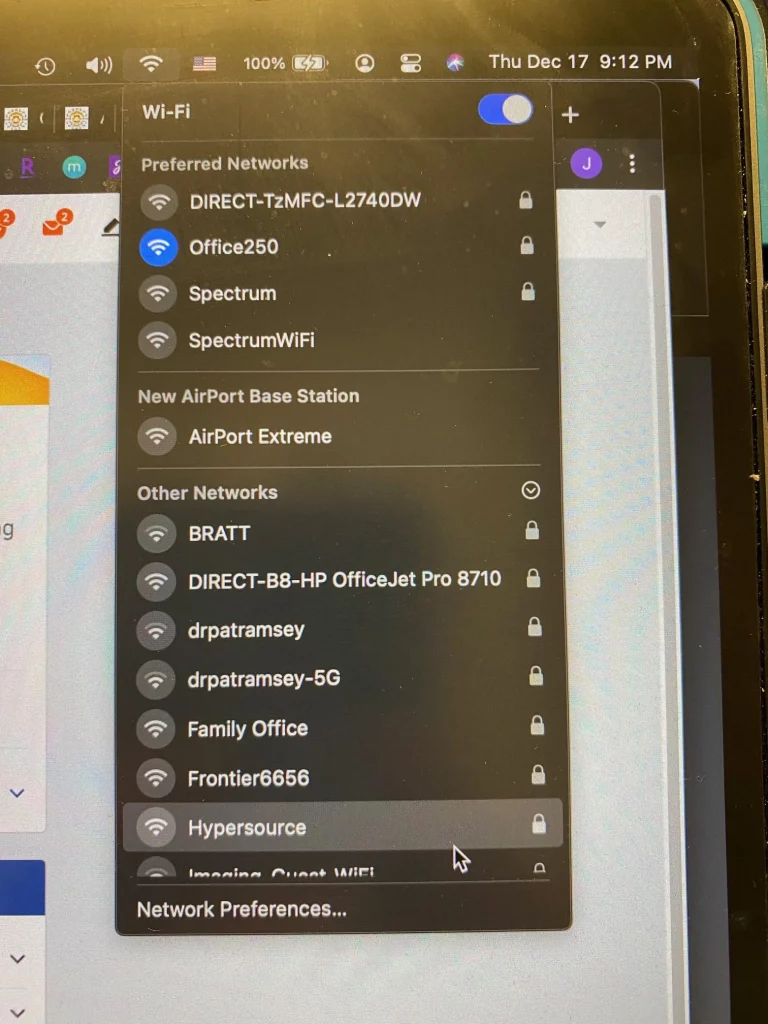
Image Source: Trend Micro News
If you find yourself needing to connect to a public network, it is best to find a local business and asking for their secure network name and password. By asking for a business' 'actual' network name and password, you are preventing the risk of accidentally connecting to a rogue network, that is posing as a legitimate business. It will also reduce the risk of connecting to a weak, generic alternative network as well.Advertisement
17. Turn off sharing
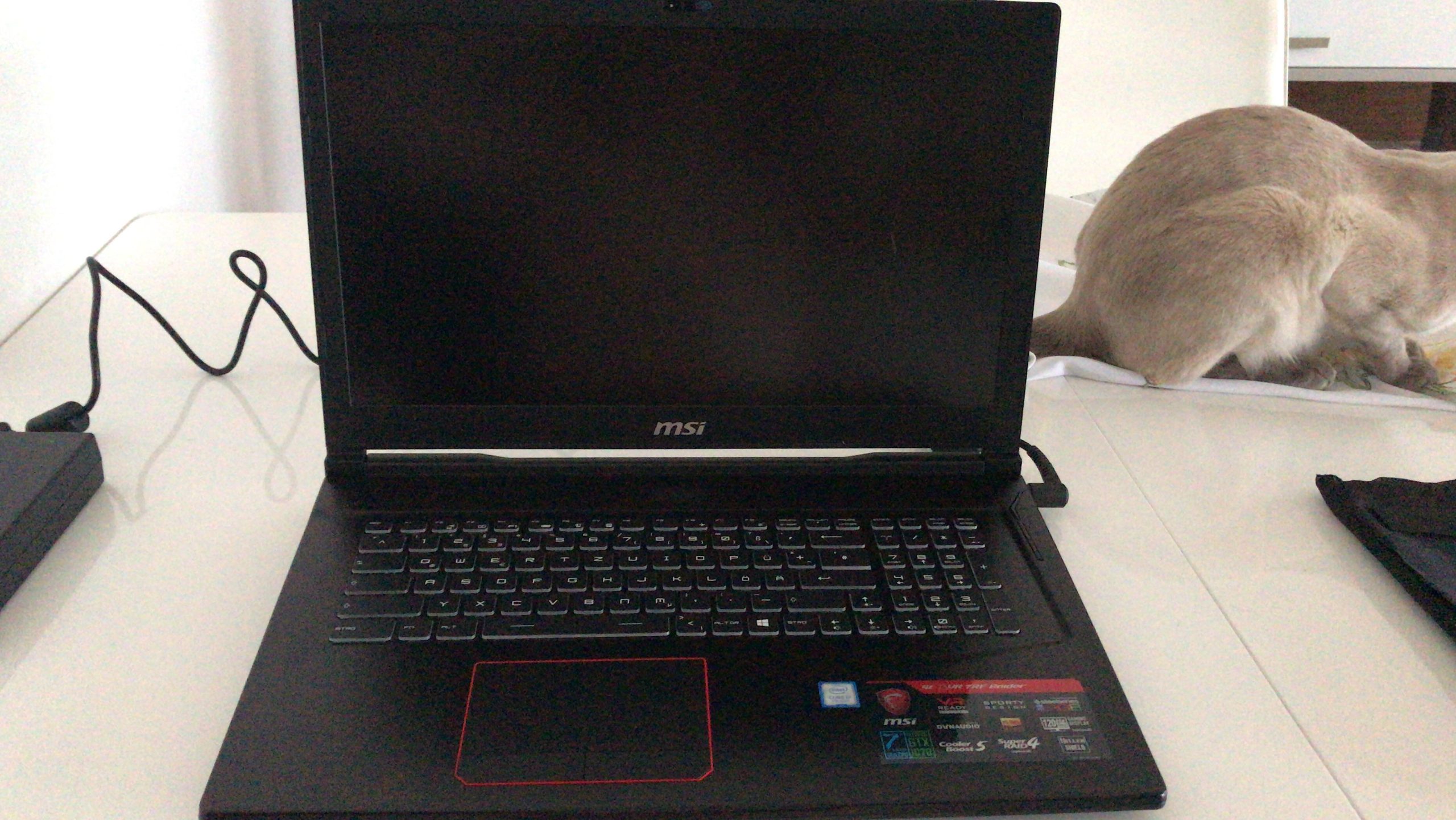
Image Source: Reddit
A simple action that may not instantly spring to mind when thinking of online security, is turning off any sharing settings (this includes wifi sharing). By turning off these settings, you reduce your risk of cyber-criminals shoulder surfing, cloning and just generally accessing your information. Anything that can be shared, can also be hacked by criminals, and altered to blackmail you.Advertisement
18. Be aware of sites you visit

Image Source: Reddit
When using a public network, you should be aware of the sites you are visiting, and whether you have to input any personal information to access said sites. This also refers to sites that are only suitable for adult consumers, and should only be accessed via a private and/incognito connection. This is another reason to use a VPN, as you can mask your technology's location.Advertisement
19. Don't click on suspicious email links
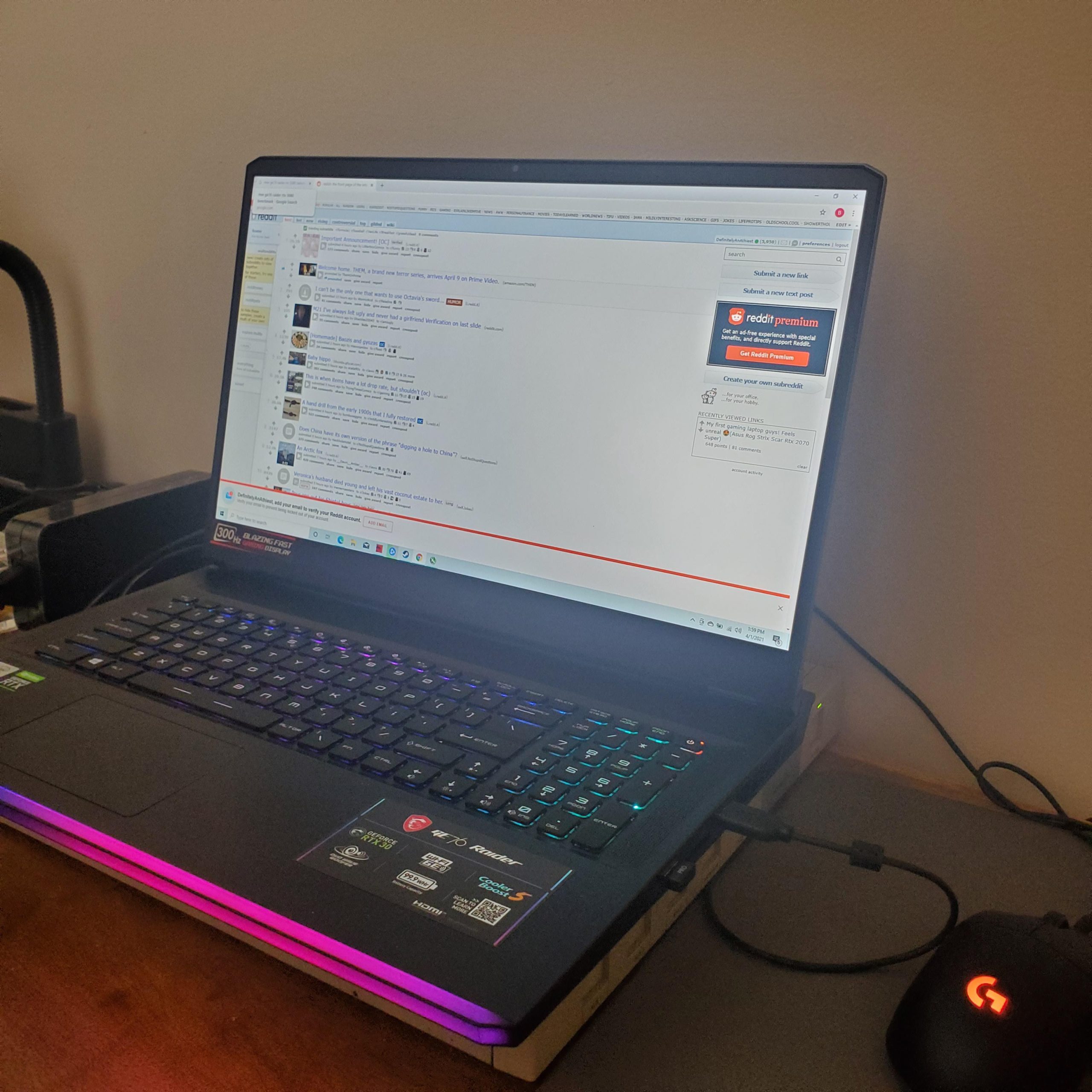
Image Source: Reddit
If you have to access your emails whilst on a public network, you should be overly wary of any emails you receive (especially emails that end up in your 'Spam' folder). If you do receive an overly suspicious email, you should delete it immediately and avoid clicking on any links that it might include. These links are often forms of online viruses, that will completely destroy your device.Advertisement
20. Be aware of your surroundings
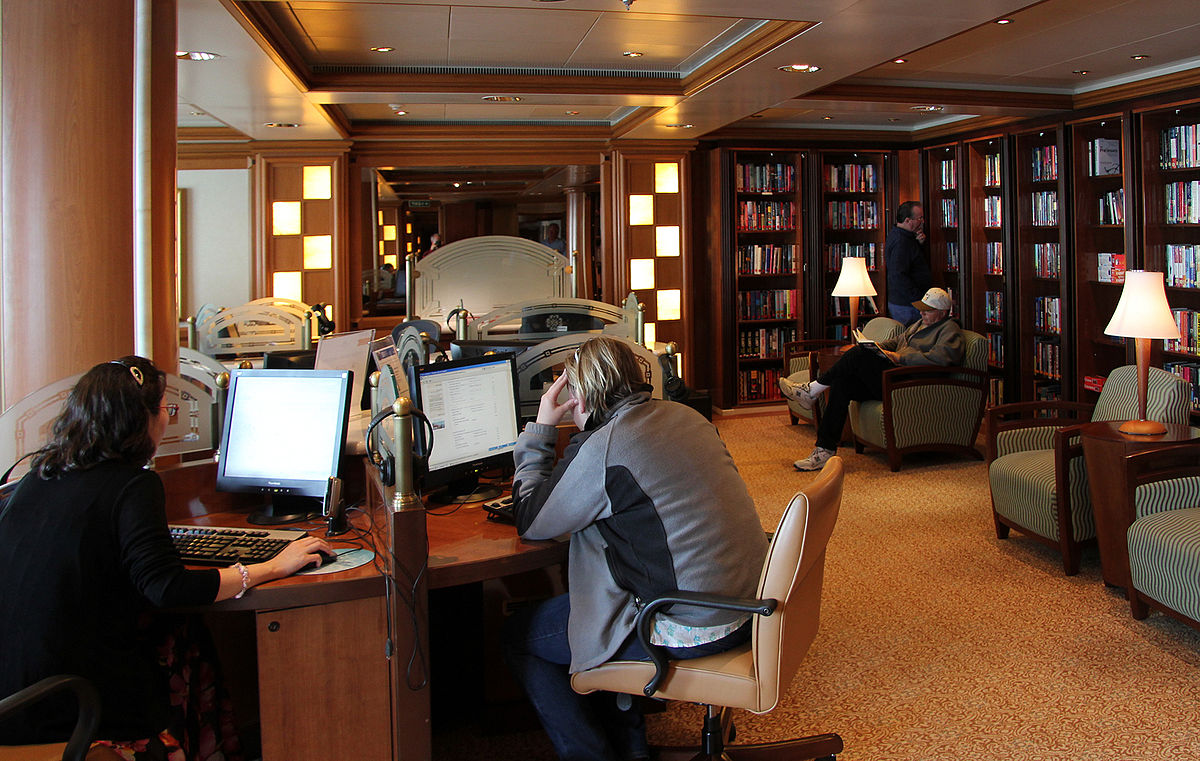
Image Source: Wikipedia
Another key safety measure for browsing on a public network, is by being aware of your (physical) surroundings. Whether you're in a cafe, restaurant, park or on the street, you should remain observant of the people around you, and any potential malicious activity. If you feel like your online safety has been compromised, you should immediately stop browsing and turn off your wifi.Advertisement
21. Stay up-to-date on cybersecurity
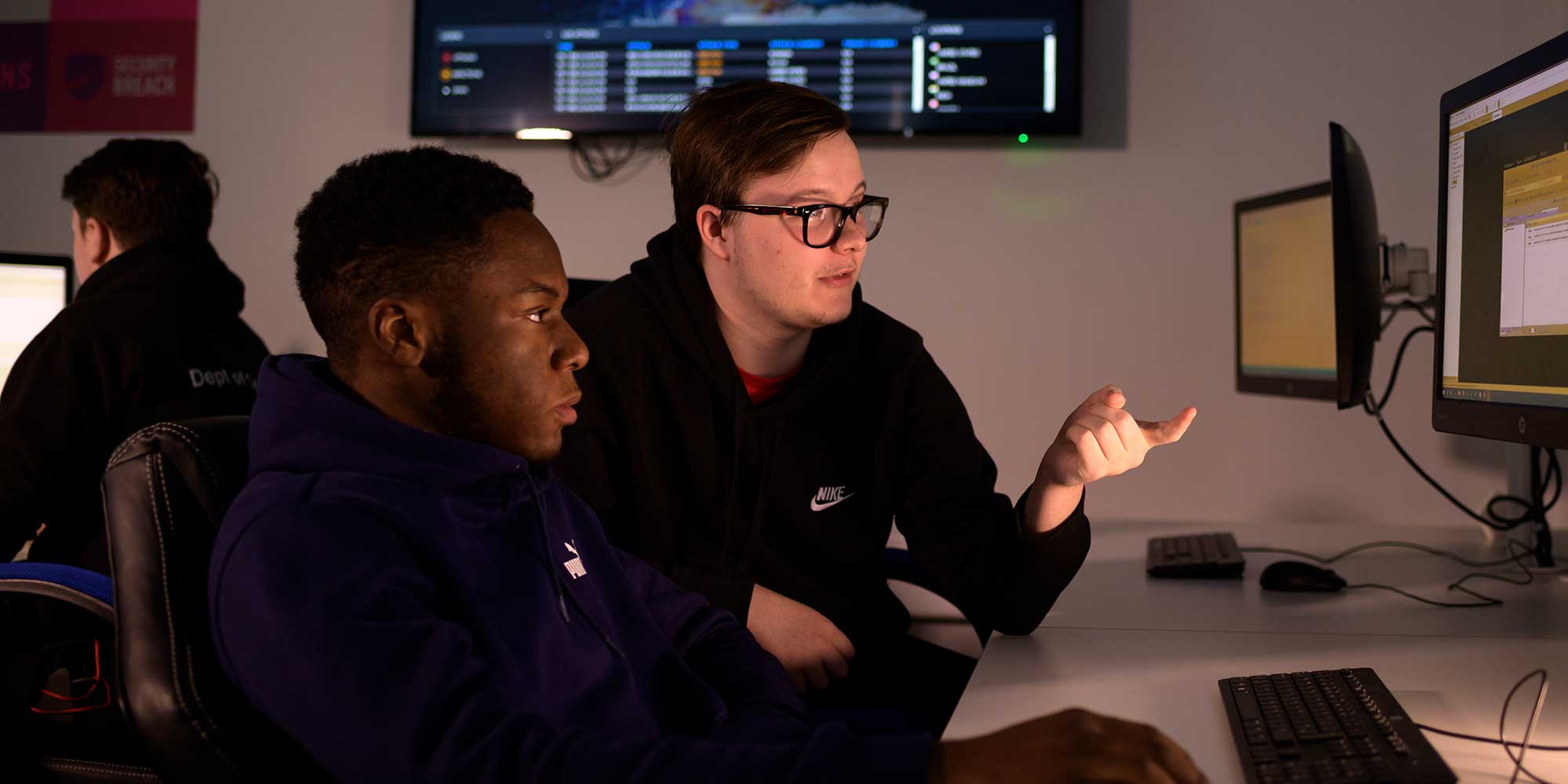
Image Source: Staffordshire University
Another subtle method of improving your safety online, is by staying up-to-date on cyber-security. This can be as simple as: reading articles on how to improve your cyber-security, installing an antivirus program, using a VPN etc. Cyber-security can be an overwhelming topic, but there are a range of information sources that can cater to everyone's level of understanding.Advertisement
22. Encryption
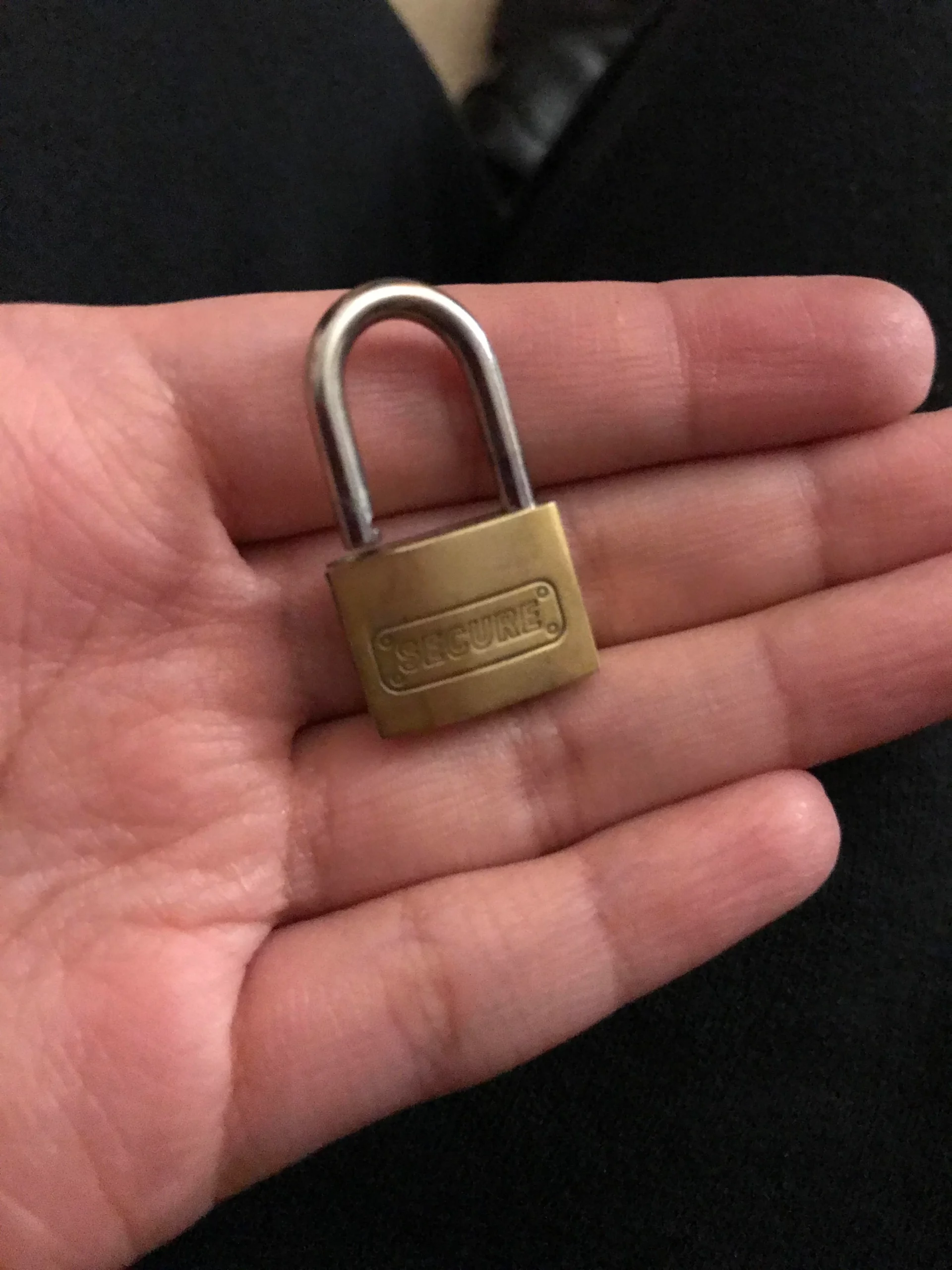
Image Source: Reddit
Encryption is one of the most effective methods of safe internet browsing, and will often be an aspect included within anti-virus programming and VPN services. Encryption refers to the security of your personal information, and makes it increasingly difficult for hackers and cyber-criminals, to hack into said information and manipulate it for their personal gain.Advertisement
23. Connect to secure sites
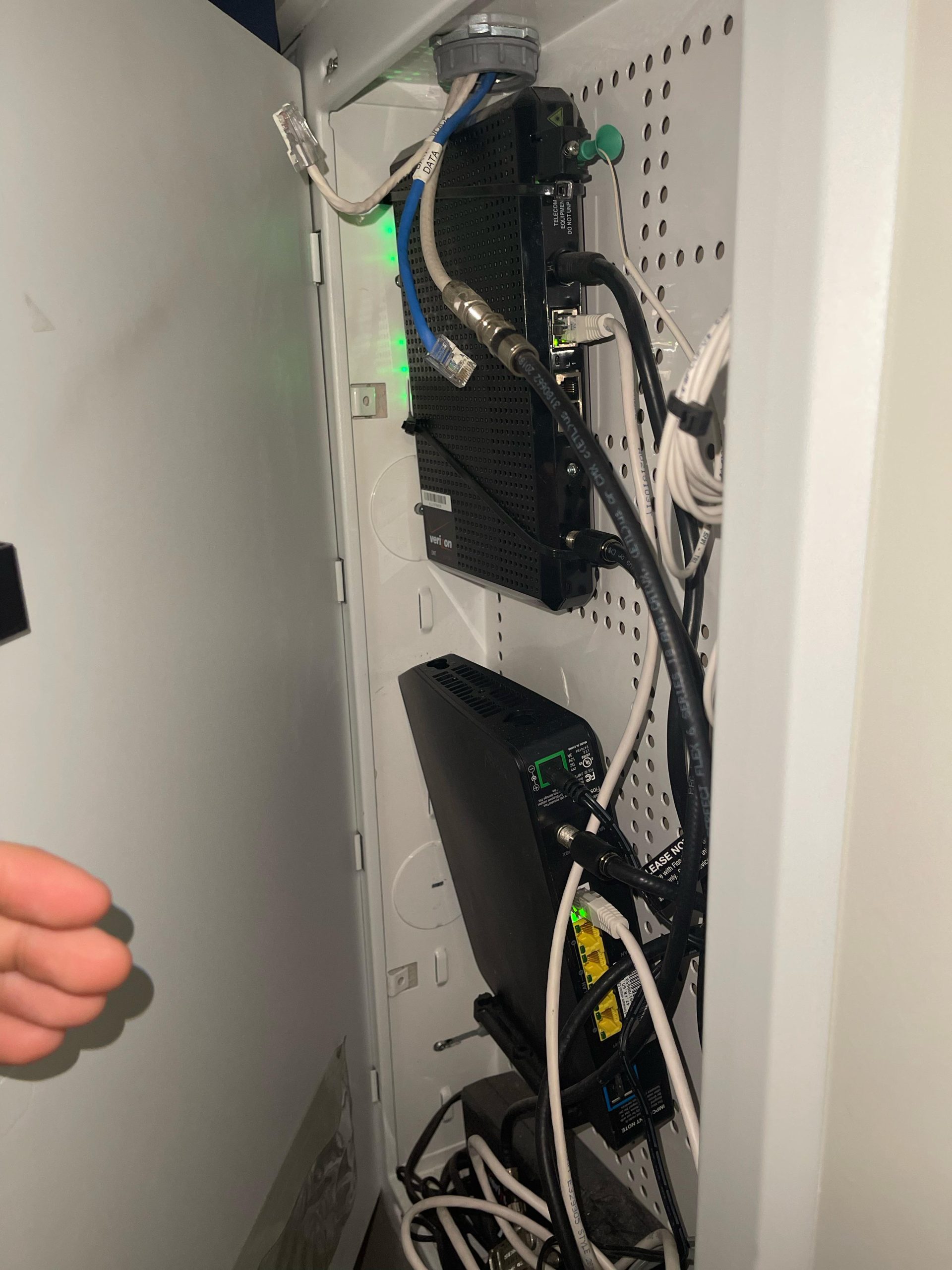
Image Source: Reddit
As well as being aware of the sites you visit, whilst browsing on a public network, you should only visit secure sites. If you're unsure about a site's security, it's more than likely, going to have little-to-no security. One way of verifying a site's security, is by looking at its hyperlink. A secure site will have a green padlock symbol next to its URL, so keep an eye out for that when browsing!Advertisement
24. Don't reuse credentials
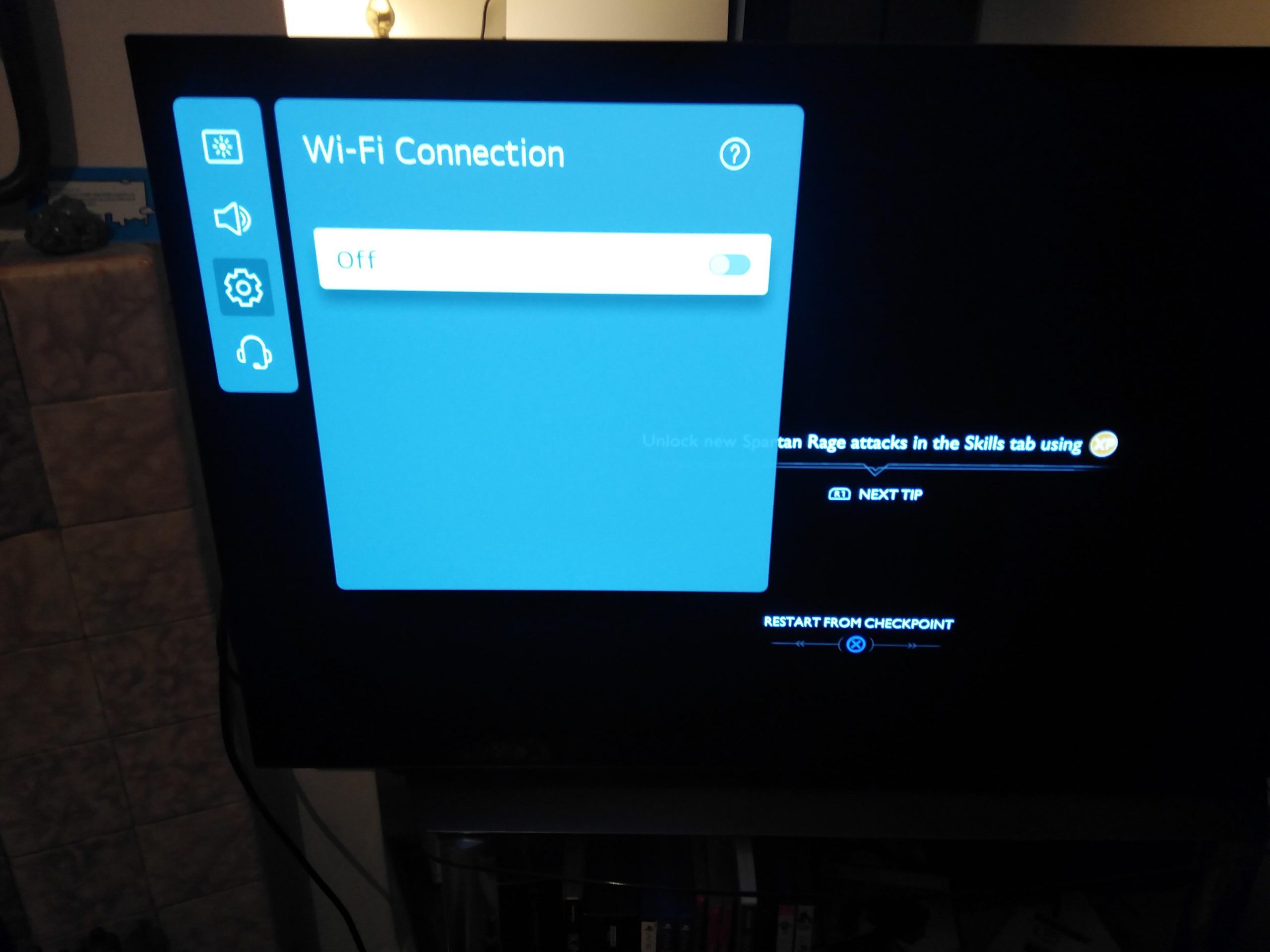
Image Source: Reddit
Back onto the topic of login credentials, you should never (under any circumstance) reuse any login credentials. Now, this is much easier said than done, as it is easier to reuse and remember the same credentials. However, this is the main way that cyber-criminals access your personal information, and hack your social media profiles e.g. Facebook, Instagram and Twitter.Advertisement
25. Turn off auto-connect settings
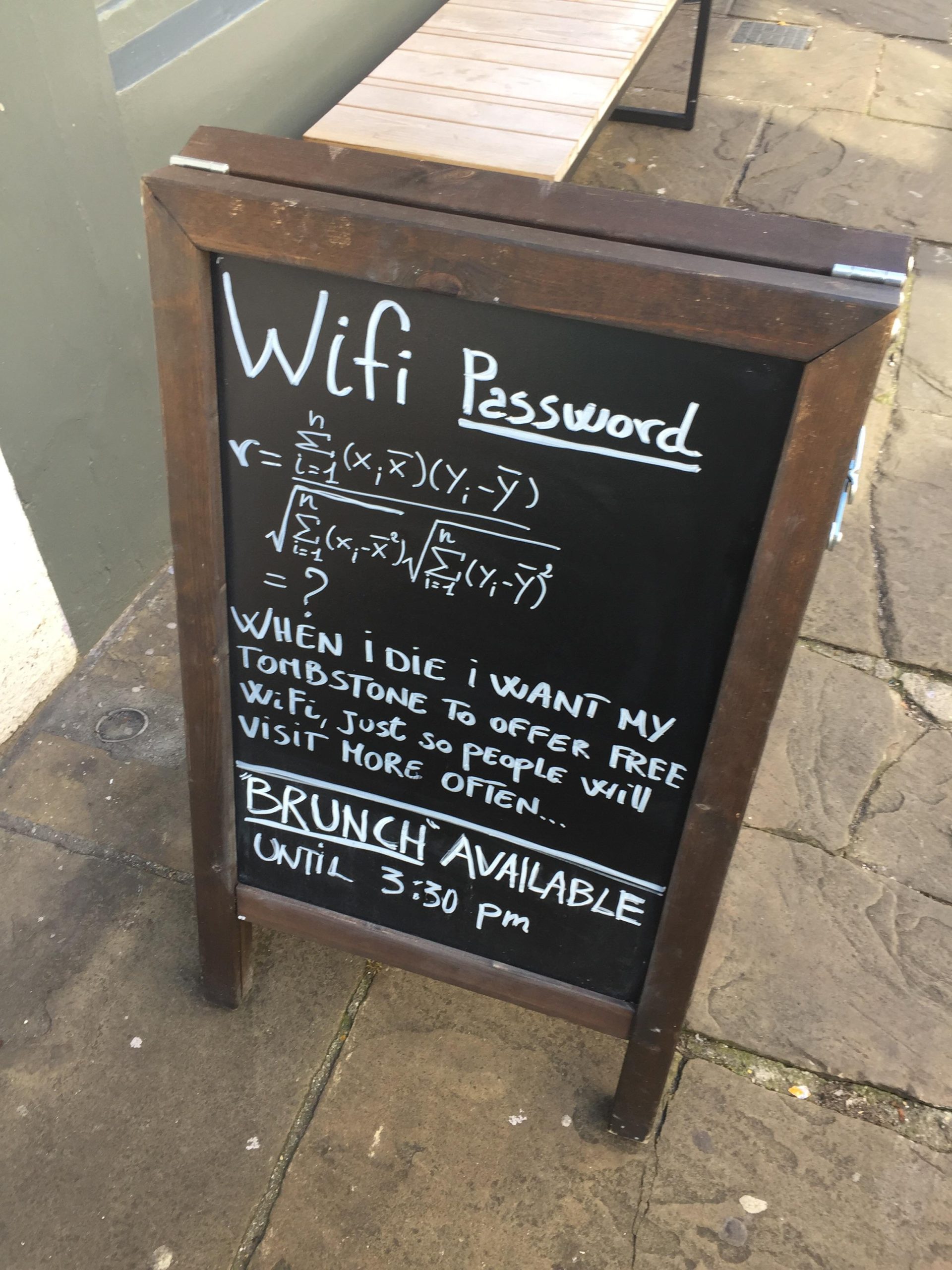
Image Source: Reddit
Another simple yet great way of improving your online security, is by turning off your 'Auto-connect' mode within your device's wifi settings. This particular mode, is what allows your device to automatically connect to public networks that are within range, and/or networks you have connected to previously. By turning this mode off, you are reducing the risk of your device connecting to a rogue network/access point.Advertisement
26. Avoid sensitive business
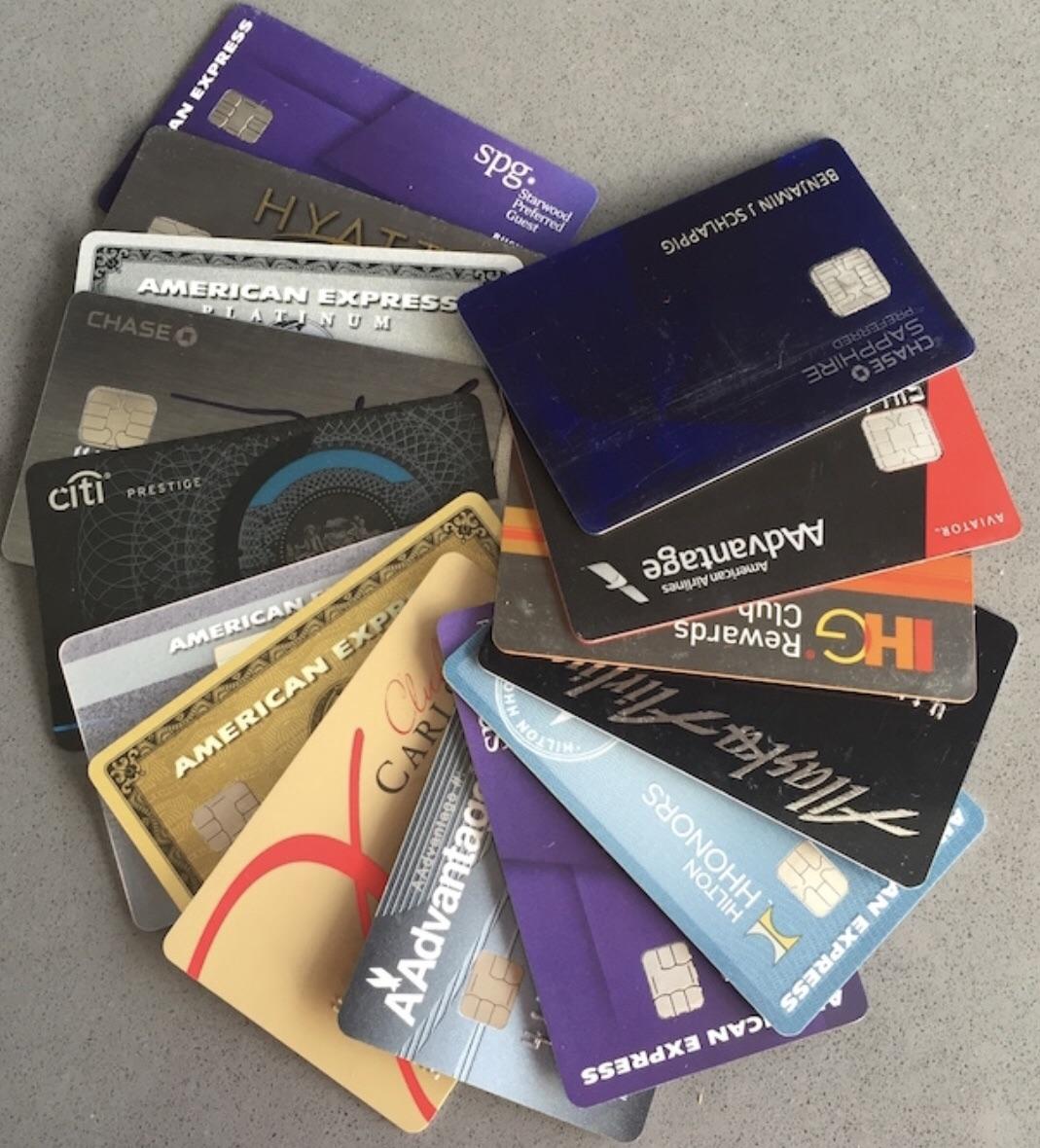
Image Source: Reddit
As mentioned previously, it is best to avoid accessing any sensitive information whilst on a public network. This also includes any sensitive business as well e.g. online banking, accessing work emails, online shopping etc. By avoiding any sensitive business, you will be able to reduce the risk of your financial details being hacked, and your online identity being cloned.Advertisement
27. Two-factor authentication
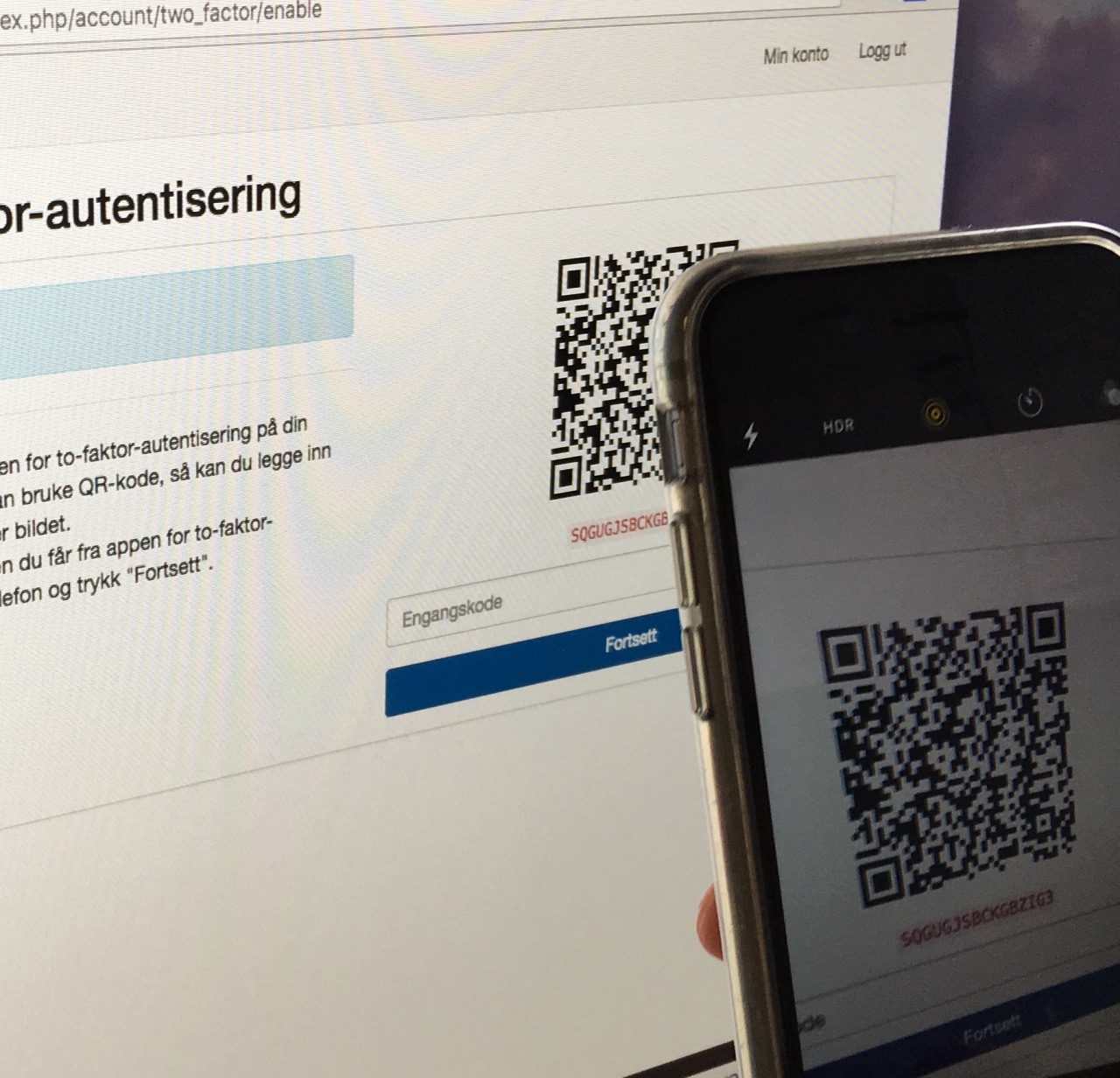
Image Source: Digitalarkivet
As well as using anti-virus programming and/or a VPN, you can activate two-factor authentication on all your devices. Two-factor authentication often involves the use of your thumbprint and Face ID to authenticate certain actions e.g. online shopping, accessing your online banking and file sharing. This method of authentication can also include the use of passcodes and memorable phrases.Advertisement
28. Monitor your bluetooth connections
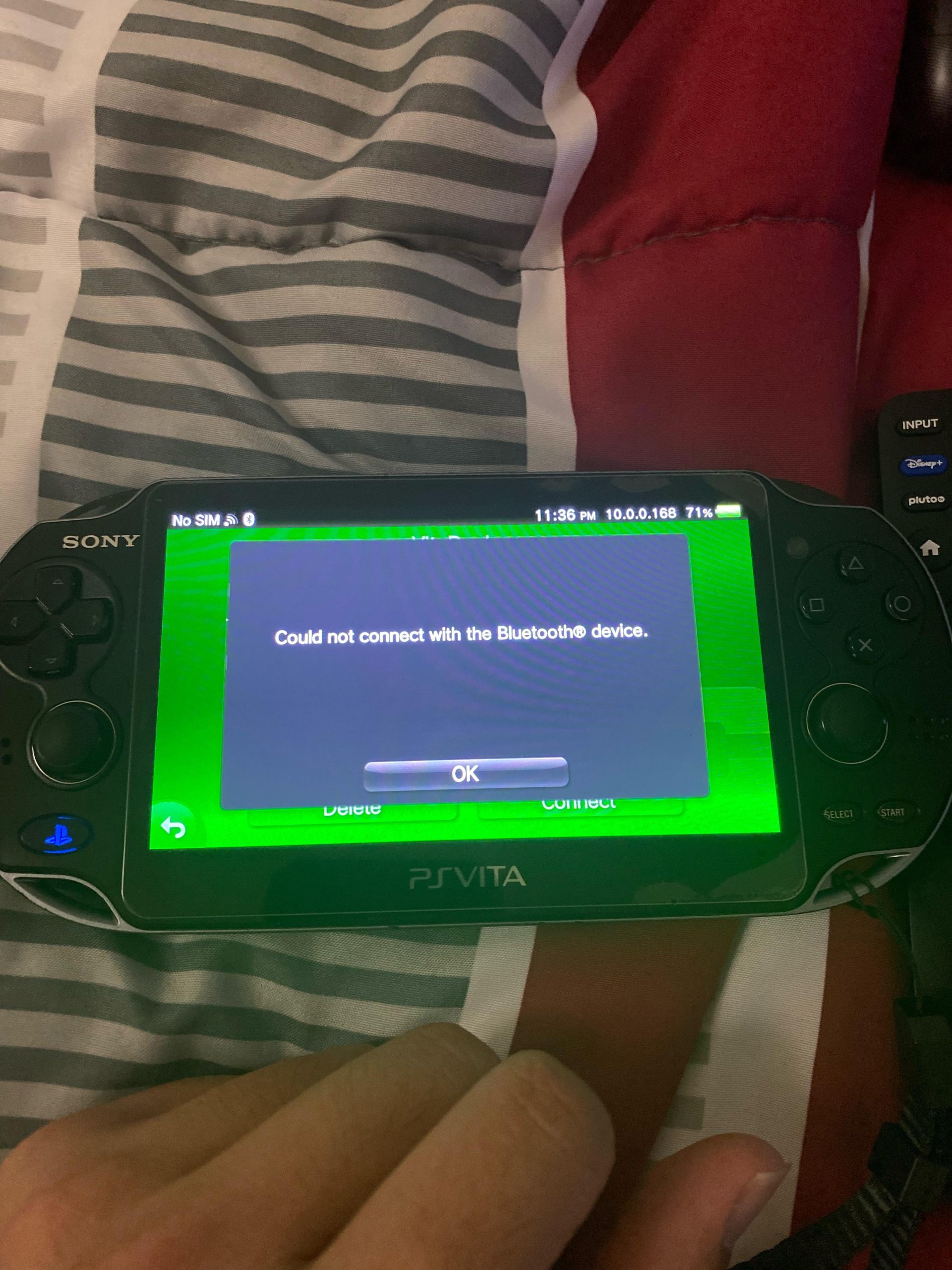
Image Source: Reddit
Surprisingly, your bluetooth connections can also be a source of online crime. Your bluetooth can be used for file sharing, which is an easy way for hackers to intercept information (man-in-the-middle/endpoint attacks), so it is best to monitor your bluetooth connections. When your bluetooth is not in use, you should turn it off, and only use it when absolutely necessary.Advertisement
29. Purchase an unlimited data plan
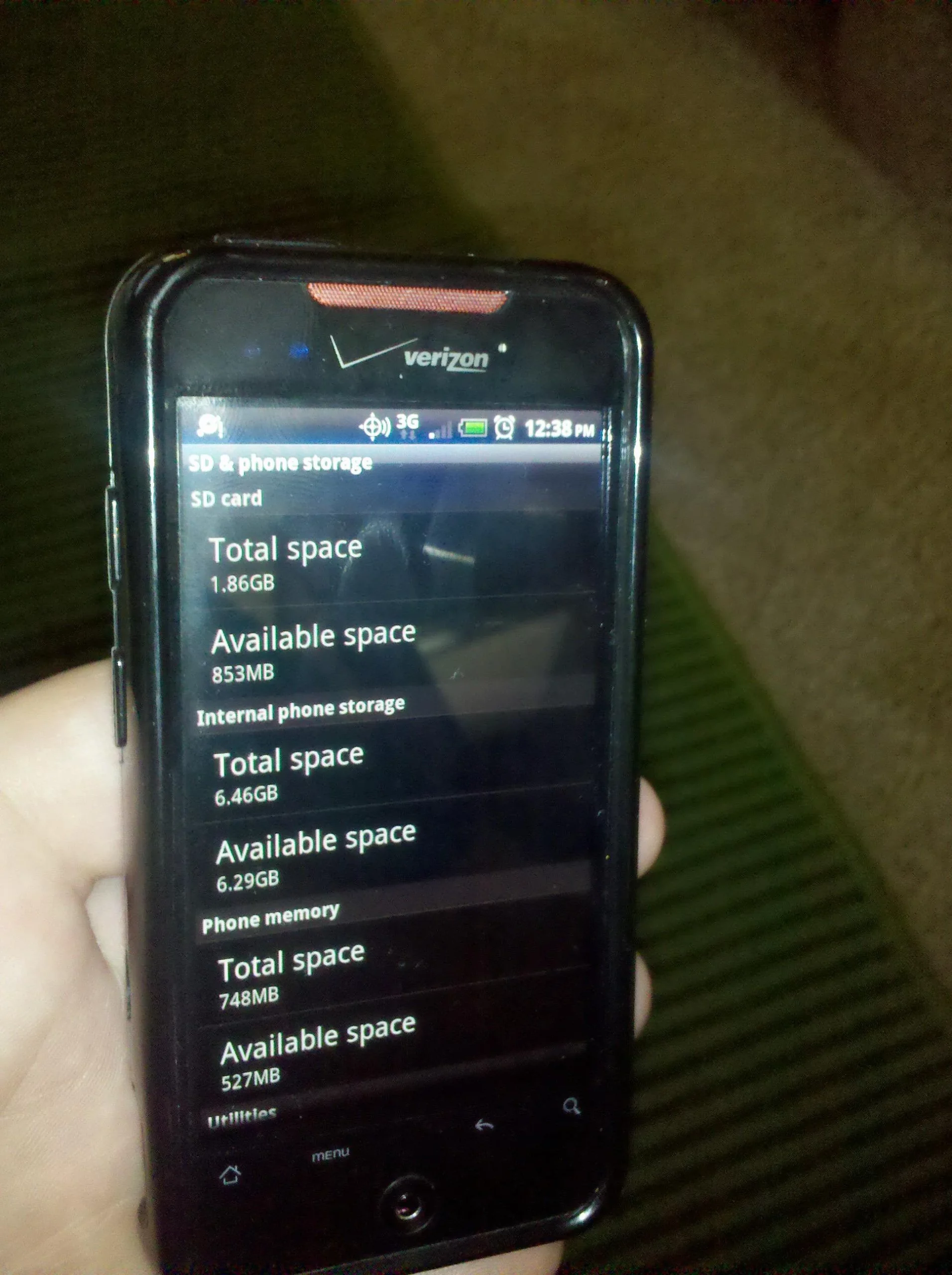
Image Source: Reddit
Opting to use mobile data, instead of a public network, is a great preventative measure against all forms of cyber-crime. Your mobile data provides a more secure internet connection, as it is unique to your device and can only be shared via a private hot-spot. In order to ensure you have a good amount of mobile data available, you should buy an unlimited data plan for your device(s).Advertisement
30. Disable file sharing
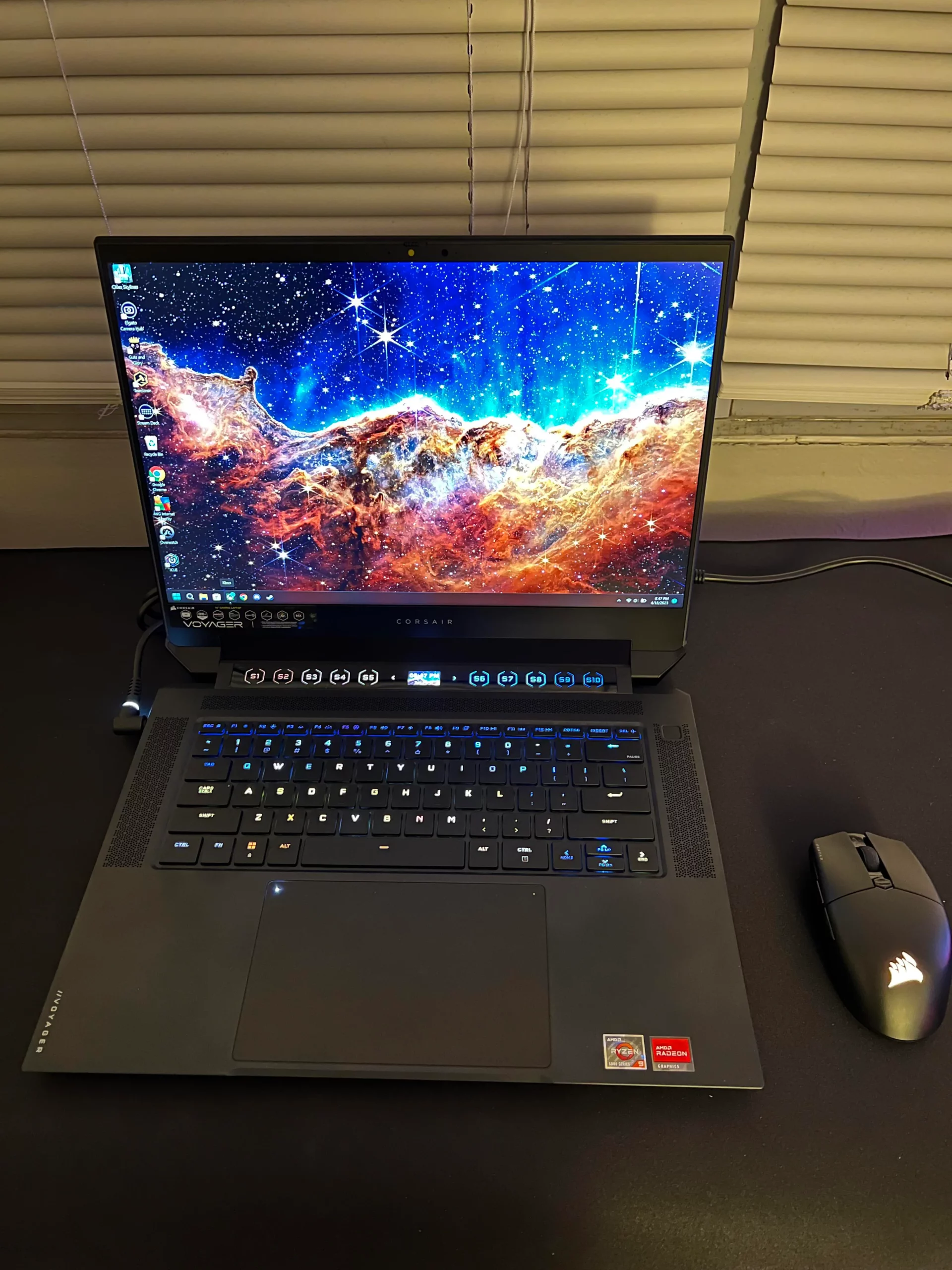
Image Source: Reddit
As mentioned previously, any form of information sharing (whilst on a public network), can make you an easy/vulnerable target for cyber-criminals. This includes any form of file-sharing. To protect yourself properly, you should disable any file-sharing settings on your device(s), so criminals can't intercept your information and attempt to hack you e.g. phishing emails.Advertisement
